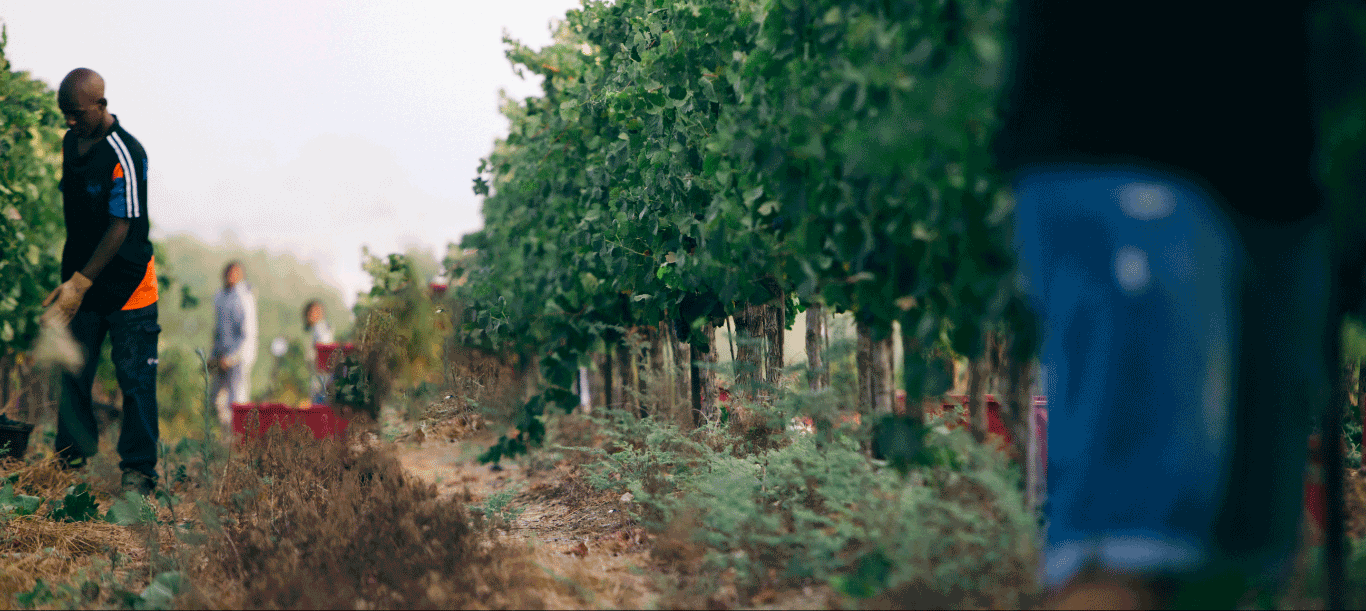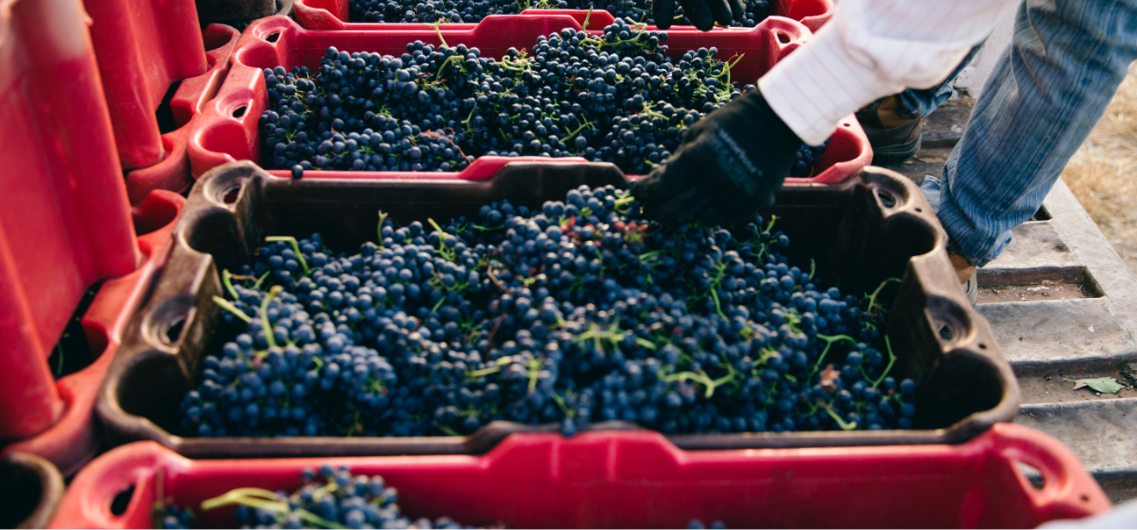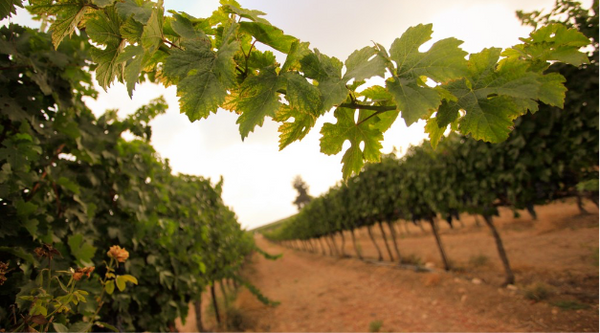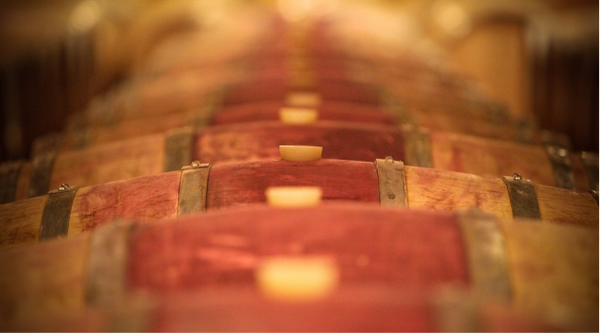The region’s rolling hills and valleys have supported grapevine cultivation for thousands of years. The combination of thin topsoil on a bedrock of limestone, together with a unique micro-climate make it possible to grow grapes of outstanding quality.
After months of painstaking analysis of diverse plots of land, Eyal planted a selection of noble grape varieties: Cabernet Sauvignon, Merlot, Petit Verdot, Syrah and Chardonnay, with small, experimental amounts of Sauvignon Blanc and Viognier.
After all factors, however small, of soils, sub-soils, elevations and micro-climates had been taken into account, each plot was planted with the variety most likely to produce the highest level of fruit quality.



